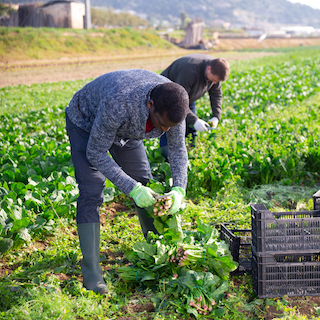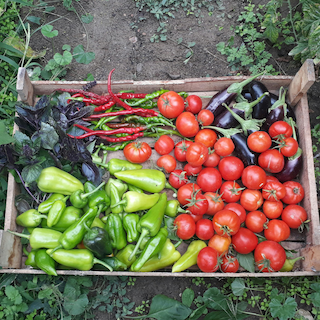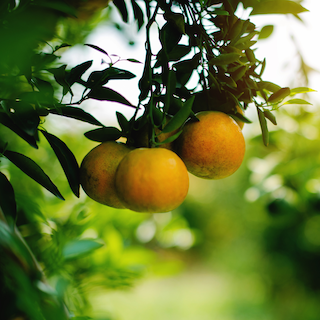
In recent years, organic farming has evolved from a specialized niche into a global movement. Farmers around the world now adopt it to preserve the environment, while consumers seek healthier and more sustainable food options.
But what exactly makes organic farming different from traditional methods?
Understanding Organic Farming
Organic farming avoids the use of artificial chemicals, fertilizers, and genetically modified organisms (GMOs).
Instead, it focuses on growing crops and raising livestock through natural processes and renewable resources.
Its core goal is sustainability — maintaining ecological balance, enriching soil health, and ensuring long-term productivity without causing harm to the environment.

Key Principles of Organic Farming
- Health – Sustaining and enhancing the health of soil, plants, animals, and humans.
- Ecology – Working in harmony with natural ecosystems and biological cycles.
- Fairness – Ensuring quality of life for farmers, workers, and consumers.
- Care – Acting responsibly to protect the environment for current and future generations.
These principles were established by the International Federation of Organic Agriculture Movements (IFOAM) and guide organic practices worldwide.
Challenges to Consider
While organic farming offers many advantages, it also comes with challenges such as:
- Lower yields during the transition from conventional methods.
- Higher labor and certification costs.
- Limited access to organic inputs or training in some regions.
However, with growing agri-tech innovations, consumer awareness, and global support networks, more farmers are finding that organic farming can be both profitable and purpose-driven.

Core Practices of Organic Farming
Organic farmers apply a variety of natural techniques to maintain soil fertility and protect crops, including:
- Crop rotation – Alternating crops to improve soil health.
- Composting and green manure – Recycling organic matter to enrich the soil.
- Biological pest control – Using natural predators instead of pesticides.
- Organic livestock feed – Ensuring animals eat chemical-free, natural diets.
- Minimal tillage – Reducing soil disturbance to maintain structure and biodiversity.
Benefits of Organic Farming
- Produces healthier, non-synthetic, and fresh food.
- Reduces pollution and improves soil structure.
- Promotes a healthier ecosystem with greater resilience against climate change.
Getting Started with Organic Farming
If you are new to organic farming, here are some simple steps to begin:
- Start small – Convert part of your land first before going fully organic.
- Get trained – Attend local or online courses on soil health and pest management.
- Network – Connect with other organic farmers or cooperatives for shared learning.
- Keep records – Document your progress for transparency and customer trust.
Final Thoughts
Organic farming is more than a passing trend —
It represents a shift towards a sustainable and ethical food system.
Whether you are a farmer, a consumer, or an investor,
supporting organic farming contributes to a healthier planet and a better future for all.